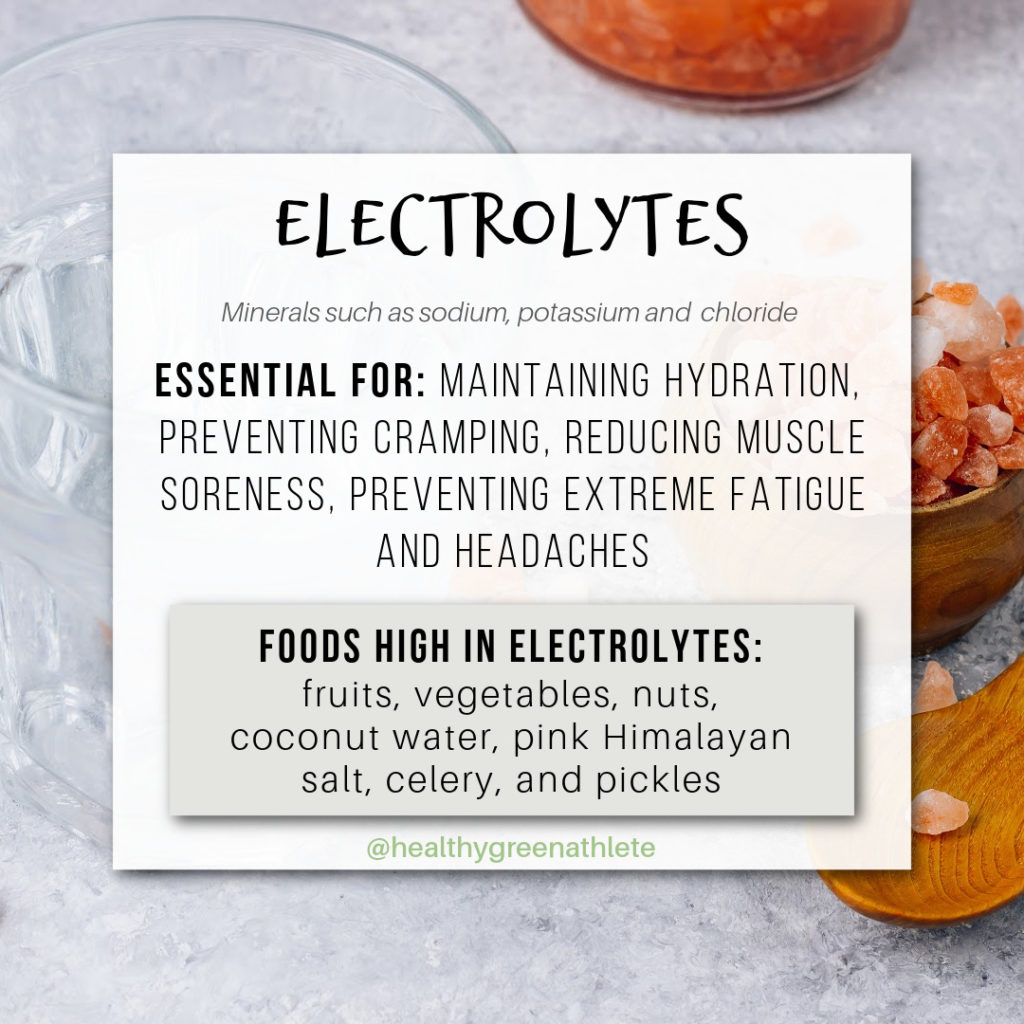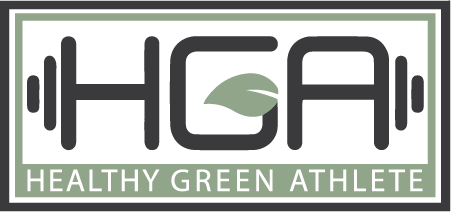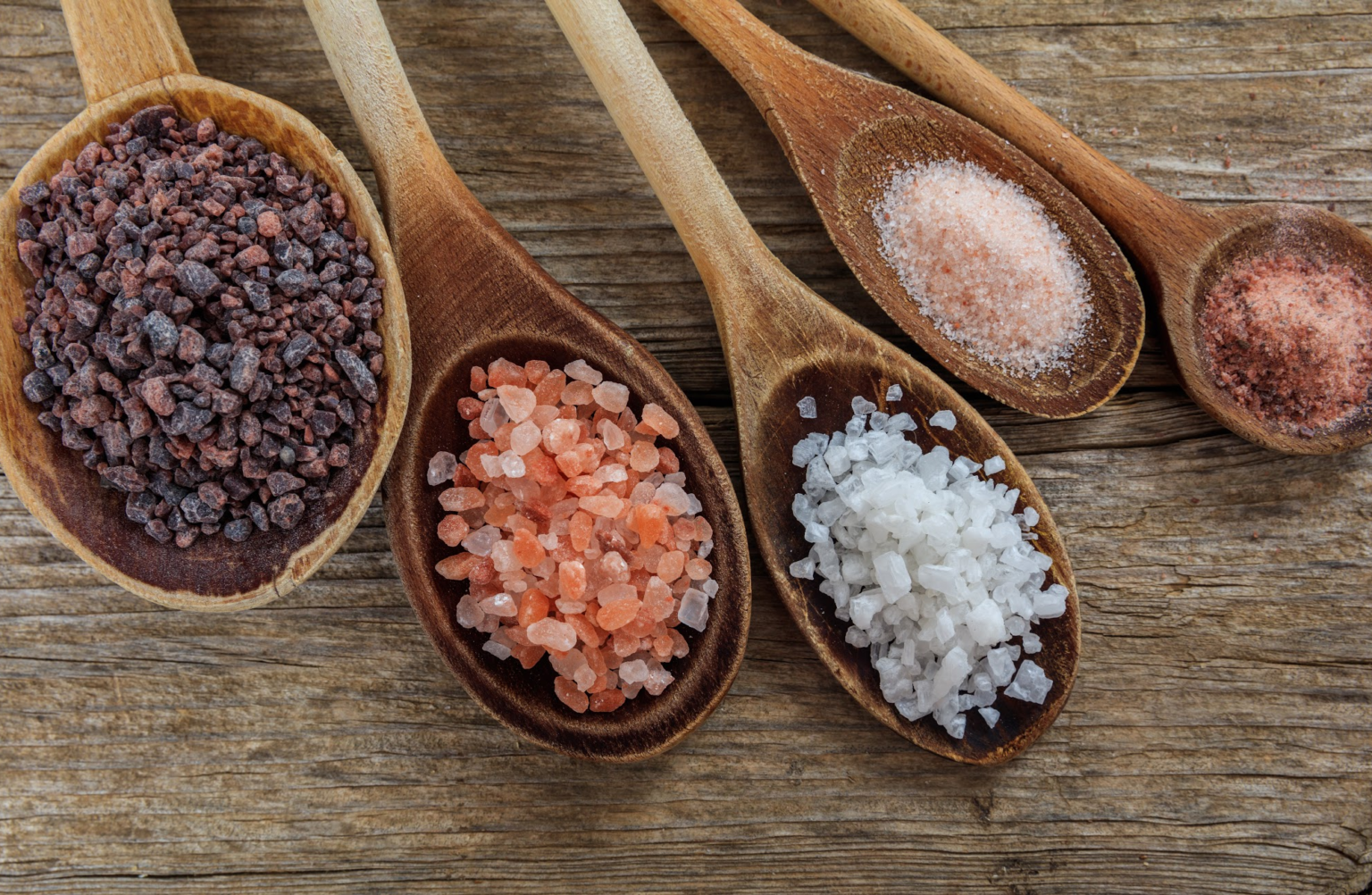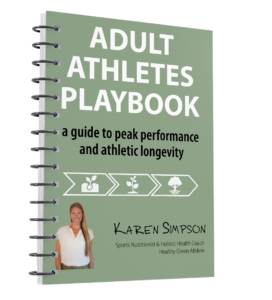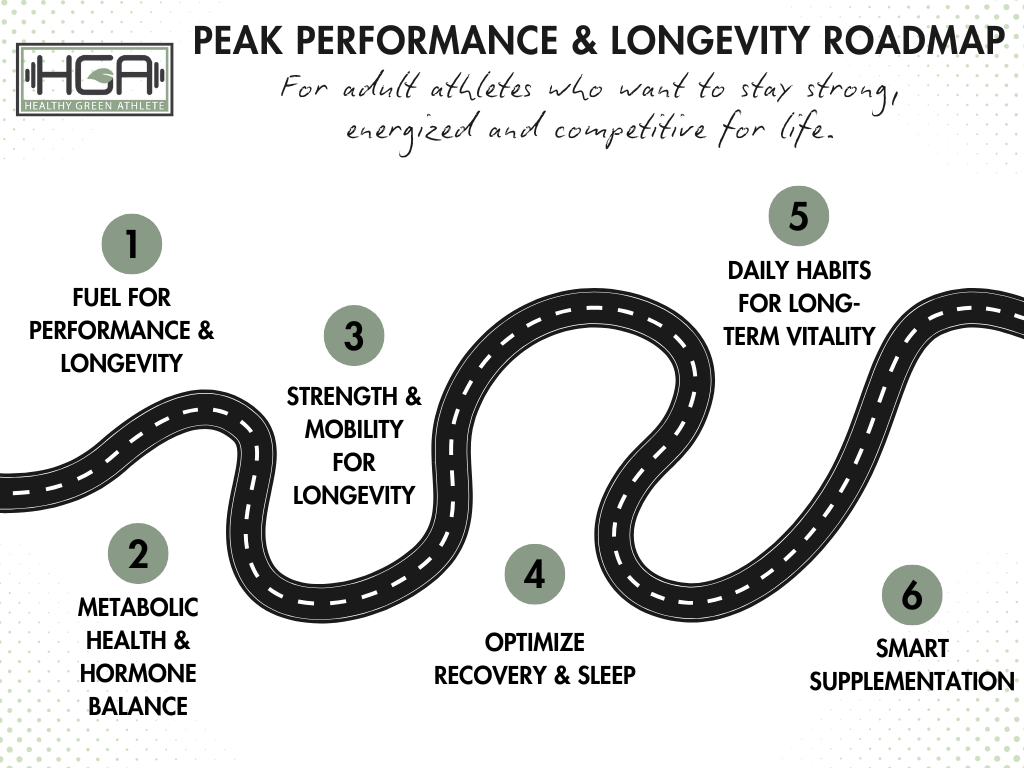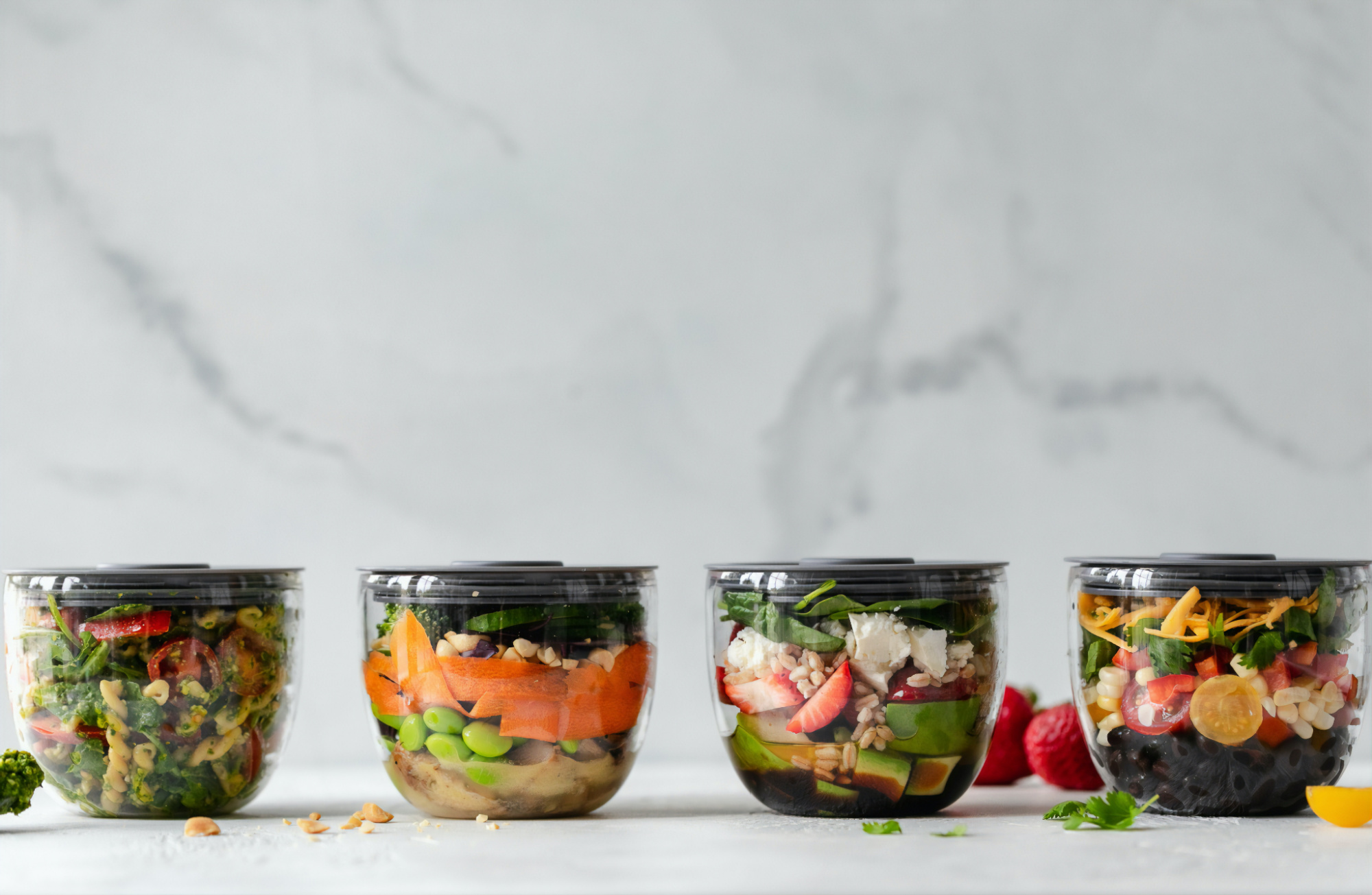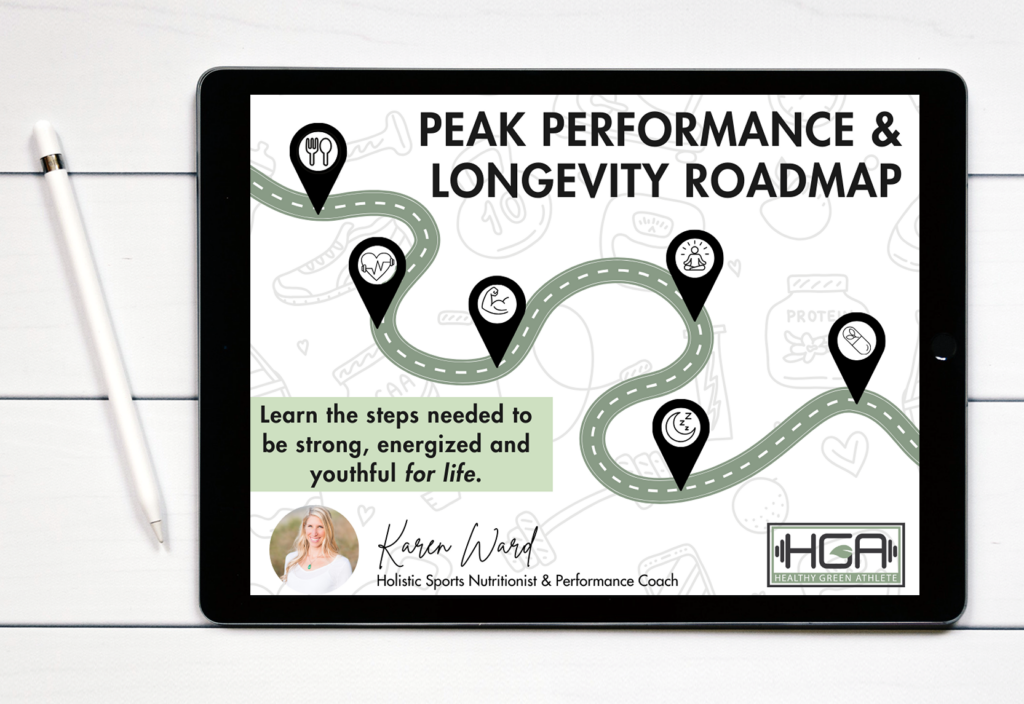The importance of electrolytes for sports and health cannot be underestimated. This article answers all all of your What, Why, When and How questions about electrolytes.
Electrolytes are charged mineral ions that generate electrical activity in cells and tissues, specifically muscles and nerves. The main electrolytes that are only obtained from the diet and have an impact on cellular function are sodium, potassium, chloride, phosphate and magnesium. This post discusses the importance of electrolytes for sports performance and how best to replenish them.
What role do electrolytes play in the human body?
Six essential minerals are considered to be electrolytes because when dissolved in water, they conduct electricity. These minerals include sodium, potassium, calcium, chloride, phosphate, and magnesium.
Since our cells are designed to conduct electrical currents, these minerals (in the form of positively and negatively charged ions) serve as the energetic driver of thousands of biological reactions in the body that allow us to move, think and feel.
Also Read: 5 Daily Habits to Build a Strong Immune System
The function of skeletal muscles, the heart and the nervous system are dependent on a transfer of electrical charges or impulses between extracellular fluid (outside of cells) and intracellular fluid (inside of cells). An imbalance of electrolytes can disrupt muscle function, heart function, pH levels, reaction time, and level of hydration.
Why do I need to replenish electrolytes?
Electrolytes are dissolved in water so when the body loses water, electrolytes are also lost. Fluids are lost via the excretory system which means they exit the body along with waste products through sweat, urine and feces. Many are also lost through vomiting when severely dehydrated or sick.
When should I replenish electrolytes?
If your diet consists of primarily whole foods from a variety of different nature-based sources such as fruits, vegetables, meat, eggs, nuts, seeds, whole grains, legumes, then you may not need to think about electrolyte imbalance since you’re replenishing minerals through food.
Also Read: 7 Anti-Inflammatory Foods for Optimum Wellness
If you workout often or engage in intense exercise, it’s not a bad idea to ramp up your electrolyte intake to account for the excess loss. If you are also the type that sweats a lot or lives in an environment that is hot, humid, or high altitude, you’ll want to replenish those electrolytes as well since those conditions tend to dehydrate the body faster than someone who doesn’t perspire a lot and lives in a cold, coastal climate.
Similarly, if you are severely dehydrated or experiencing a significant loss of fluid through vomiting, fever, and/or diarrhea, this is a good time to replenish with not just electrolytes, but all of the essential vitamins and minerals.
The bottom line is, the more fluid you lose, the more you’ll want to replenish with water to replace the fluid AND the electrolytes that were dissolved in that fluid.
What are the symptoms of an electrolyte deficiency?
The best way to determine whether you have an electrolyte deficiency or not is through a blood test that tests for vitamin and mineral deficiencies. Symptoms of minor electrolyte deficiencies that can impact performance are muscle cramping, difficulty focusing, nausea, weakness, constipation, stiff joints, lack of perspiration.
If you’re experiencing any of the following symptoms, you may have a bigger problem and perhaps should discuss a blood test with your doctor:
- Irregular and/or rapid heartbeat
- Hallucinations
- Chronic muscle spasms
- Convulsions
- Sudden blood pressure changes
- Bone disorders
- Nervous system disorders (seizures, confusion, loss of feeling or tingling, double vision, memory loss, Sudden lack of coordination)
How can I best replenish my supply of electrolytes?
Most of these minerals are naturally occurring in freshwater and nature-based foods. The type of treatment used to clean or soften tap water and bottled water may remove many of these important minerals, and the quality of the soil where foods grow can also influence mineral content.
Here are some quick tips for ensuring that your body’s electrolytes are in balance. If you want to learn more about the healthiest ways for athletes to maintain electrolyte balance, check out this post.
- Upgrade your salt quality
- Eat foods that are high in minerals
- Replenish with high-quality electrolytes when sweating or fighting illness
- Add magnesium to your sleep routine
